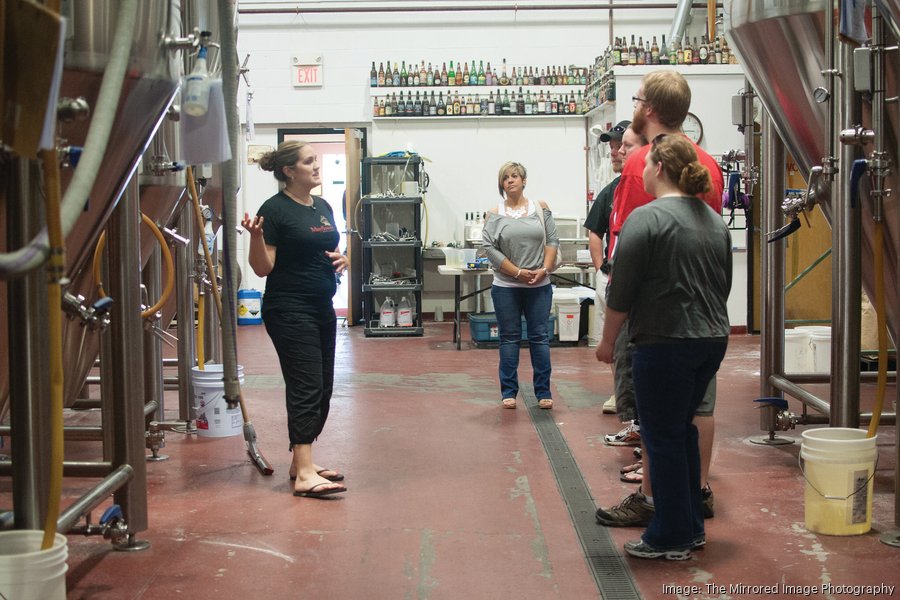After a national outcry by theatre lovers, Emerson College on Thursday dropped plans to turn the historic Colonial Theatre into a student dining hall and performing space, opting instead to add the student center to a rehabilitated building next door.
The move saves, for now, a renowned theatre – composer Stephen Sondheim vowed it would have been "a crime" for Emerson to gut and reuse it – but leaves unresolved the question of how Emerson will come up with a likely $25 million or more needed to rehabilitate the 1900-vintage theatre. It's been closed since October, and before that was struggling to stay busy with performances.
Emerson President Lee Pelton said in a statement: "We value the theater¹s history and its beauty. We have a team of people working hard on studying the options for its continued use as a theater space."
"This is just great news for Boston," Catherine Peterson, executive director of ArtsBoston, said in an interview soon after Emerson's announcement it was dropping the initial plan for converting the Colonial. "It's beautiful. It's got incredible acoustics, but it's also really intimate, which is what makes it so special."
Peterson said she is "very optimistic" about the Colonial's future as a theatre venue once its maintenance needs are addressed.
"My first wish is that it gets that care and attention, which I know it will, and secondly, that there are vibrant uses made for that gorgeous space," Peterson said.
Boston's overall theatre scene is facing some big challenges, of course. The Citi Performing Arts Center, which oversees and programs the Wang, Colonial, and Shubert Theatres, is searching for a new sponsor now that Citibank is bailing out of the Boston market and has closed all its local bank branches. Boston University has put the Huntington Theatre up for sale, with no assurance it remains a performance venue. And at a deeper level, many arts advocates and city officials are asking whether Boston has far more big, old, expensive-to-run theatres from the 19th and early 20th centuries than 21st century audiences and performers want – and can keep in business.
Massachusetts
The latest news from around the state
John Barros, chief economic development officer for Boston Mayor Martin J. Walsh, said his office is close to finishing up a major theatre-sector economic assessment and plan for Boston that among other issues looks at "whether we have too many seats, what's available in Boston, and maybe what we might need and what we might have less of in Boston. We're excited to continue to explore … the venues that we have and the venues that we don't have to think about how the development boom could be leveraged to create the kind of venues that can make Boston a really exciting arts and cultural city."
With videographer Darrell R. Smith



